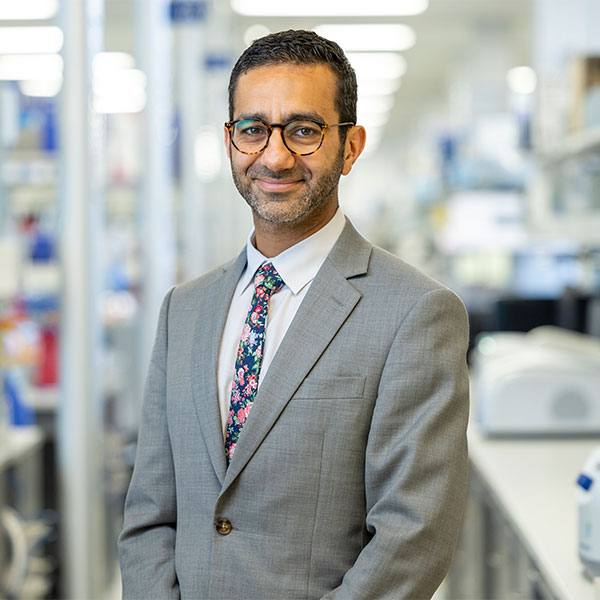-
Neurosciences
Mayo Clinic Minute: Using AI and brain waves for early diagnosis of neurodegenerative diseases
Early diagnosis of neurologic disease is important. To receive medical counseling or care, you need to start with an accurate diagnosis.
In a recent study, a research team led by Mayo Clinic is investigating use of artificial intelligence (AI) with routine electroencephalogram (EEG) tests to help diagnose Alzheimer's disease and other brain disorders. Dr. David T. Jones, a Mayo Clinic neurologist and senior author of the study, explains what this means.
Journalists: Broadcast-quality video (1:09) is in the downloads at the end of this post. Please courtesy: "Mayo Clinic News Network." Read the script.
Dr. Jones compares electrical activity in the brain to a noisy crowd. Sometimes, everyone cheers at once.
"All the neurons, occasionally they'll synchronize, and they'll come together," he says. "And we can see those like waves across the brain."
An EEG test looks at brain waves of patients with neurologic problems.
"These waves kind of slow down. They look a little bit different in people who have cognitive problems," Dr. Jones says.
Dr. Jones and a team of researchers are using artificial intelligence to assist staff in analyzing EEGs for early identification of brain disorders. The team found AI can help detect EEG patterns and measure them.
"Patients with cognitive problems, like Alzheimer's or Lewy body disease, have very different brain wave patterns," Dr. Jones says.
EEG is more widely available globally than other brain scans. With AI helping clinical teams review EEG, early evaluations for Alzheimer's and other neurodegenerative diseases may become more accessible.
"We do believe diagnosing early and accurately is one of the best ways to provide the best possible medical care," Dr. Jones says.
Related content:
- AI boosts the power of EEGs, enabling neurologists to quickly, precisely pinpoint signs of dementia
- Mayo Clinic scientists define new type of memory loss in older adults
- Mayo Clinic Minute: Testing gait to help in early diagnosis of neurodegenerative disease
- News release: New computational model proposed for Alzheimer's disease







